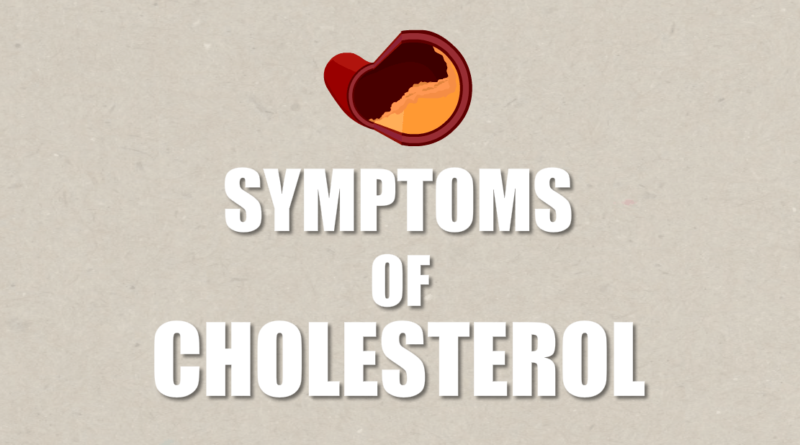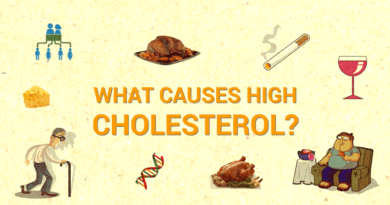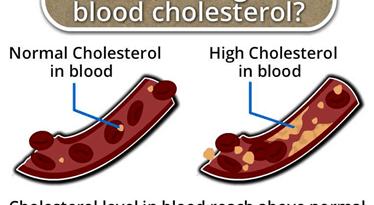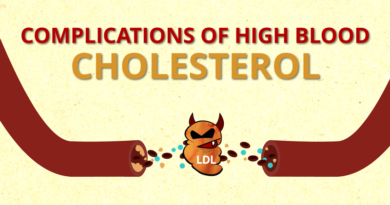Symptoms of High Cholesterol
High cholesterol does not have any obvious signs. Lack of symptoms is why many people don’t even know that their cholesterol levels are too high. In the vast majority of cases, the only exact symptoms it may cause are emergency events. The first symptoms of high cholesterol could be:
Angina
Angina is caused by the narrowing of one or more arteries that feed the heart. The contraction of arteries occurs due to plaque buildup inside the arteries. As a result blood flow to the heart becomes limited and patient experience chest pain or discomfort.
Heart attack
High blood cholesterol level may block in one of the arteries that feed the heart and cause a heart attack. When the plaque buildup clogs one of the coronary arteries, our heart gets too little blood and oxygen, which may cause a heart attack.

Corporate Wellness App
CircleCare
Stroke
Stroke caused by a blockage in one of the arteries in the neck or brain is relatively common among the high blood cholesterol patients. Too much cholesterol level (LDL) in your blood can cause plaque build up in your arteries and restrict the flow of blood to the brain. It also increases the chance of a blood clot developing.
Pain on walking
High cholesterol level in the blood sometimes block the arteries that carry blood to your legs. As a result, the leg might feel heavy or sense a burning pain.
Sore Hands and Feet
If you have high cholesterol, your hands and feet often become sore, because blood vessels in your legs and hands become narrower because of cholesterol buildup.
Frequent Tingling
Tingling in the hands and feet is a sign of low blood circulation. Tingling occurs when the blood flow becomes slower because of the high levels of cholesterol in the blood.
Frequent Headaches
Frequent headaches in the back of the head might be a result of clogged blood vessels in the area around the head. If this condition is left unchecked, the blood vessels can rupture and lead to a stroke.
Symptoms of High Cholesterol in The Eyes
Cholesterol deposits can also be accumulated on the eyelids, where they are called xanthelasmas. These deposits indicate that you may have high cholesterol levels.
Lumps in The Body
Improper fat metabolism leads to the formation of fatty moles or deposits called lipomas. Lipomas are formed between the muscle and skin.
Depression and Memory Loss
According to a study, depression and memory loss can be related to high LDL cholesterol or low HDL cholesterol.
Fatigue
If you have high cholesterol levels, you may experience tiredness or fatigue because of the lack of energy you need.








